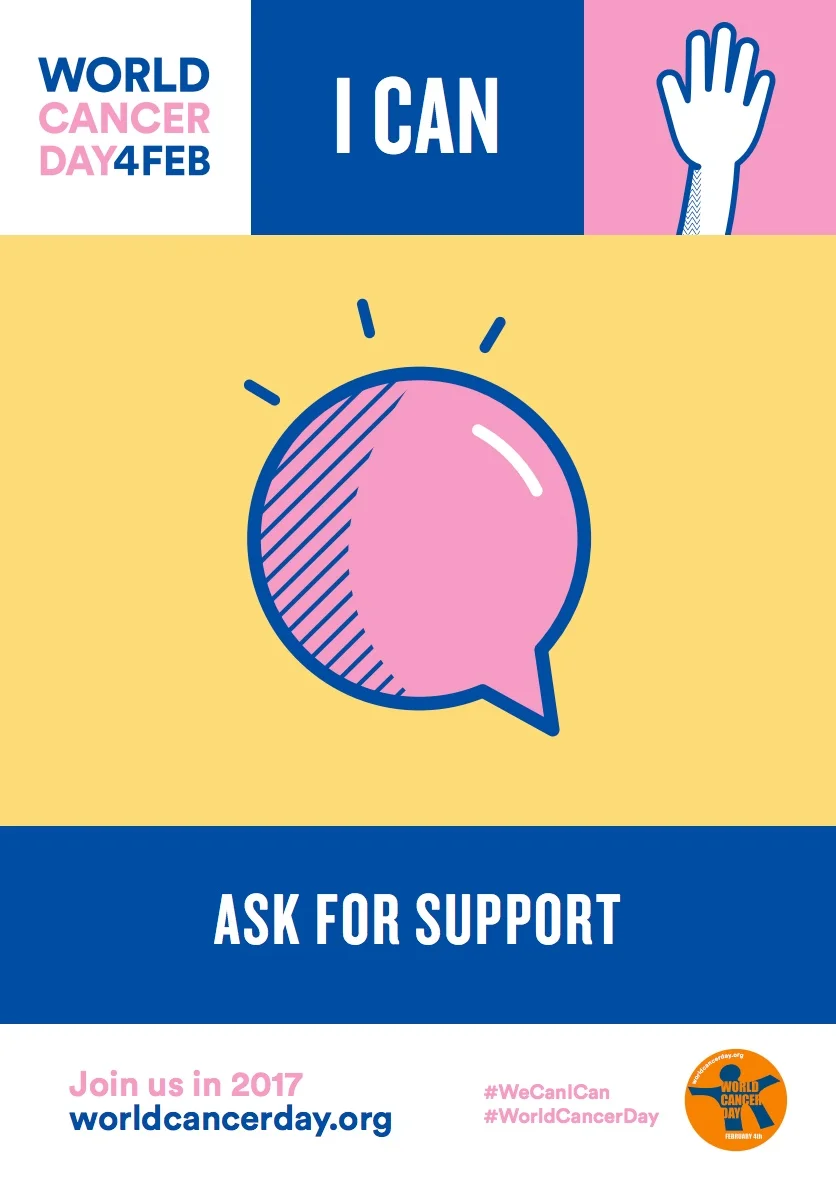A few words for World Cancer Day 2017.
As I approach six years of cancer survivorship, never has it been more clear to me that cancer is not just a disease of our physical bodies, but a disease of our minds and souls as well. Thus, the argument that many make, is that cancer is not just a matter of eradicating the rogue cells from one's body, but of curing the entire patient. To rid a patient of the physical disease, but to ignore the residual emotional and spiritual disease, does not a cure make.
In these six years after cancer, there's much more that I've had to overcome than a bit of testicular carcinoma. The chemotherapy did a number on my body, and I've had to overcome chronic fatigue because of chemotherapy induced peripheral neuropathy, but those were the easy parts. My anxiety was overwhelming at times, and I constantly feared that my cancer would come back. Some friends of mine didn't make it, and on several occasions, I thought for sure that my cancer had returned, and that I was next. I fell into depressions several times, and suffered from posttraumatic stress. I struggled emotionally for years, and even four years out from cancer, I couldn't stop being afraid.
Irregular hormonal levels for several years didn't help, either. Doctors of testicular cancer patients all seem to believe that because men have two testicles, that the other will "pick up the slack" and that we'll be able to keep flying along as normal, like a twin-engine aircraft. We survivors know otherwise, that it's not necessarily true, not nearly that simple, and that there's actually no evidence out there to support such assumptions, as no studies have ever been done! Because our testosterone levels might still test in an impossibly wide "normal" range, we're sent packing. Meanwhile, our moods, energy levels, and mojo can be flailing around all over the skies from 30,000 feet down to treetop level and back again, barely able to stay in the air at times. While having to contend with so many post-cancer fears, we're also having to contend with non-compliant bodies, and doctors that don't understand our problems. Life after cancer can be so cruel and unfair.
Loved ones and caregivers suffer right along with us, and should not be overlooked anymore, either. Where there is love, there's transference of emotion, transference of anxiety, and transference of cancer as a disease of our minds. Yes, caregivers suffer from the disease called cancer as well, and for them, it tends to be a more silent battle. They need to be strong and the pillar of support for the ones doing the physical fighting, but feel the same fears and anxieties as the actual patient does. Caregivers are fighting cancer as a disease of their minds, too, and deserve equal consideration for care. Don't just ask how the cancer patient is doing - ask how their caregivers are doing as well. It's entirely possible that no one has ever asked, while they're crumbling inside in the same way as the patient.
Survivorship care has come a long way in six years, but there's still much to this fight that's not well understood in medical professional circles, and so the drive to share in our journeys and our many struggles after cancer continues.
StevePake.com
Originally written for World Cancer Day at the Cancer Knowledge Network


